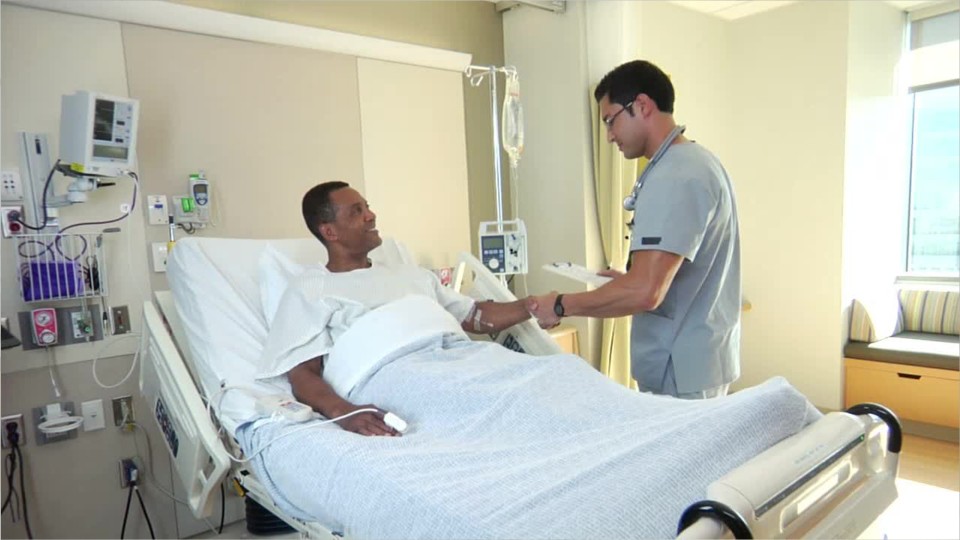Nursing Assistants
Certified Nurses Aide (CNA), Certified Nursing Assistant (CNA), Nursing Assistant, Patient Care Assistant (PCA)
What they do:
Provide or assist with basic care or support under the direction of onsite licensed nursing staff. Perform duties such as monitoring of health status, feeding, bathing, dressing, grooming, toileting, or ambulation of patients in a health or nursing facility. May include medication administration and other health-related tasks. Includes nursing care attendants, nursing aides, and nursing attendants.
On the job, you would:
- Turn or reposition bedridden patients.
- Answer patient call signals, signal lights, bells, or intercom systems to determine patients' needs.
- Feed patients or assist patients to eat or drink.
Knowledge
Business
- customer service
- management
Arts and Humanities
- English language
Health
- medicine and dentistry
- therapy and counseling
Safety and Government
- public safety and security
Skills
Basic Skills
- listening to others, not interrupting, and asking good questions
- keeping track of how well people and/or groups are doing in order to make improvements
Social
- looking for ways to help people
- understanding people's reactions
Abilities
Verbal
- listen and understand what people say
- communicate by speaking
Endurance
- exercise for a long time without getting out of breath
Personality
People interested in this work like activities that include helping people, teaching, and talking.
They do well at jobs that need:
- Concern for Others
- Dependability
- Self Control
- Attention to Detail
- Integrity
- Adaptability/Flexibility
Technology
You might use software like this on the job:
Medical software
- Epic Systems
- MEDITECH software
Video conferencing software
- FaceTime
Spreadsheet software
- Microsoft Excel
Education
Education: (rated 3 of 5)
high school diploma/GED or
certificate after high school
usually needed
certificate after high school
usually needed
Job Outlook
Bright
New job opportunities are very likely in the future.
Explore More
- Home Health Aides
- Licensed Practical & Licensed Vocational Nurses
- Paramedics
- Psychiatric Aides
- Registered Nurses
You might like a career in one of these industries:
See more details at O*NET OnLine about nursing assistants.





